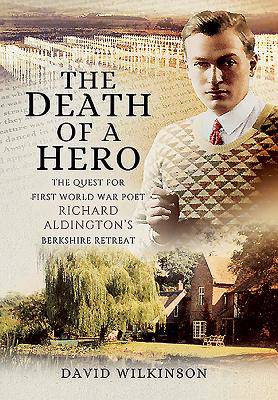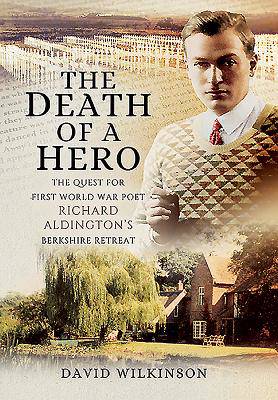
Bedankt voor het vertrouwen het afgelopen jaar! Om jou te bedanken bieden we GRATIS verzending (in België) aan op alles gedurende de hele maand januari.
- Afhalen na 1 uur in een winkel met voorraad
- Gratis thuislevering in België vanaf € 30
- Ruim aanbod met 7 miljoen producten
Bedankt voor het vertrouwen het afgelopen jaar! Om jou te bedanken bieden we GRATIS verzending (in België) aan op alles gedurende de hele maand januari.
- Afhalen na 1 uur in een winkel met voorraad
- Gratis thuislevering in België vanaf € 30
- Ruim aanbod met 7 miljoen producten
Zoeken
Death of a Hero: The Quest for First World War Poet Richard Aldington's Berkshire Retreat
David Wilkinson
Hardcover
€ 34,95
+ 69 punten
Omschrijving
True-life inspirations behind WWI poet Richard Aldington's anti-war novels
Specificaties
Betrokkenen
- Auteur(s):
- Uitgeverij:
Inhoud
- Aantal bladzijden:
- 320
Eigenschappen
- Productcode (EAN):
- 9781473871106
- Verschijningsdatum:
- 4/07/2016
- Uitvoering:
- Hardcover
- Afmetingen:
- 166 mm x 242 mm
- Gewicht:
- 782 g

Alleen bij Standaard Boekhandel
+ 69 punten op je klantenkaart van Standaard Boekhandel
Beoordelingen
We publiceren alleen reviews die voldoen aan de voorwaarden voor reviews. Bekijk onze voorwaarden voor reviews.









